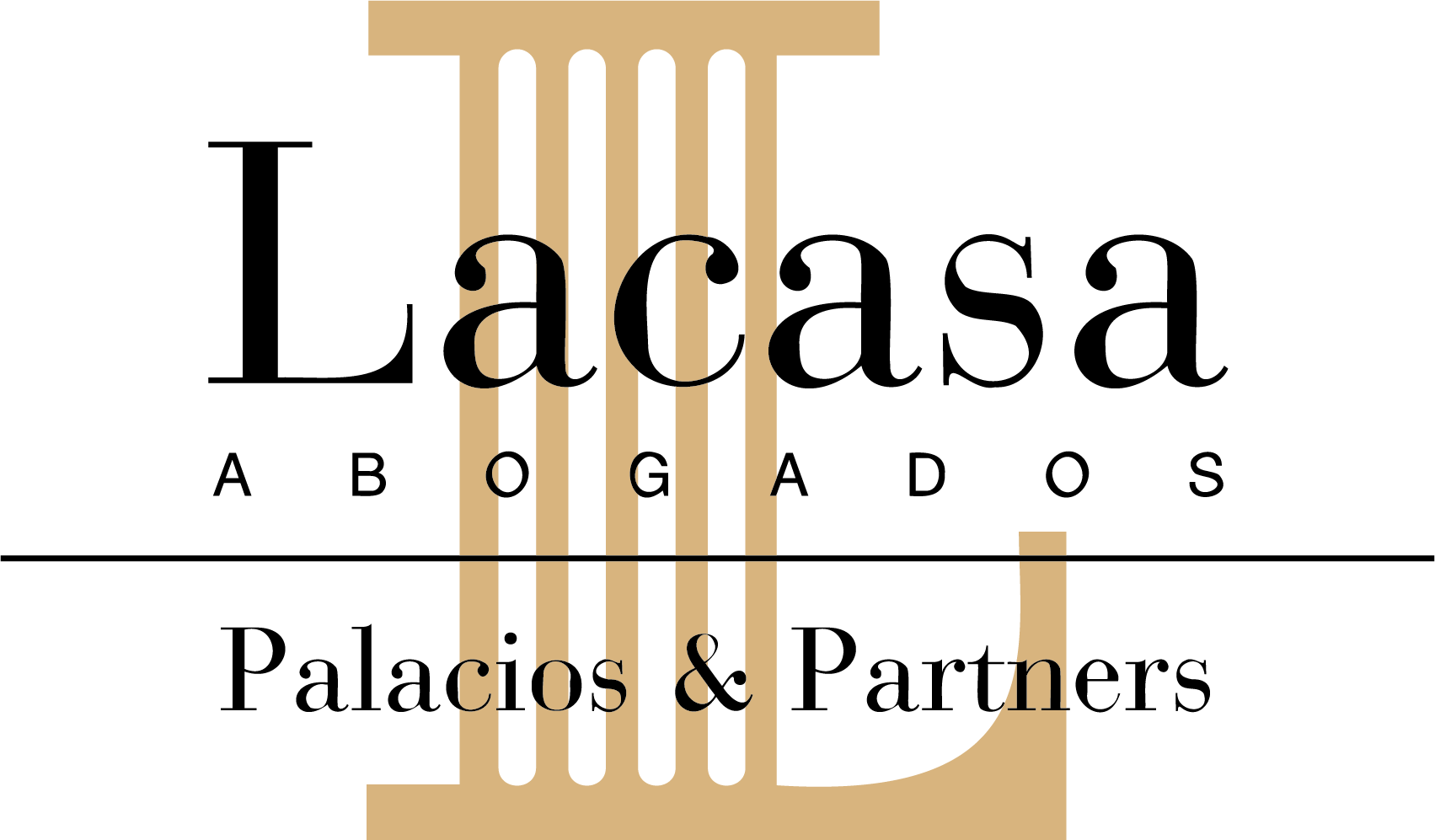
PROTECTION OF THE PRINCIPAL RESIDENCE
Royal Decree-Law 11/2020, of March 31 (published in the BOE of April 1), which adopts urgent complementary measures in the social and economic sphere to face the COVID-19, contains various measures aimed at the protection of leases of permanent housing in which the lessee is a person or family unit in a situation of economic vulnerability that does not have access to another housing alternative. The executive estimates that there are around 500,000 leases of this type.
The situation of economic vulnerability for the purpose of obtaining moratoriums or aid in relation to the rental income of the habitual residence requires: (a) That the person who is obliged to pay the rental rent becomes unemployed, Temporary Employment Regulation Expedient (ERTE), or has reduced his working day due to care, in case of being an employer, or other similar circumstances that entail a substantial loss of income, the total income of the members of the family unit in the month prior to the application for the moratorium does not reach the limit of three times the monthly Public Indicator of Multiple Effect Income (hereinafter IPREM) which, for this year 2020, is set at the monthly amount of 548.60 €, that is, multiplied by three, 1.645.80 respectively. These limits are modified upwards depending on the number of children, disabled and/or elderly dependents of the tenant.
And b), that the rental income, plus the basic expenses and supplies, is greater than or equal to 35 percent of the net income received by all the members of the family unit. For these purposes, “basic expenses and supplies” will be understood as the amount of the cost of electricity, gas, heating oil, running water, fixed and mobile telecommunication services, and the possible contributions to the community of owners, all of them of the habitual dwelling that corresponds to satisfy the tenant.
In the event that the above subjective conditions of vulnerability are met, the regulation contemplates the following measures:
- Suspension of eviction or launching procedures already agreed upon for a maximum period of six months, with Social Services being the agency that must evaluate each specific case, including the landlord’s personal circumstances.
- If the lessor is a public entity or a large landlord (an individual or legal entity that owns more than ten urban properties, excluding garages and storage rooms, or a built-up area of more than 1,500m2), the lessee may request an extraordinary and exceptional deferral of the payment of the rent within one month from now. If the parties do not reach an agreement, the lessor will have to choose between a 50% reduction of the amount of the rent during the months that the alarm lasts (and some more) or a moratorium in the payment of the rent, producing a fractionation and postponement of the rent.
- If the lessor is a person other than the above, the law promotes an agreement between the parties and, if this is not reached, provides the vulnerable lessee with temporary financing assistance and lines of guarantees, also provided for other similar cases. Specifically, the vulnerable tenant will be able to apply for a microcredit without interest or commissions, which must be used for the payment of the rent. The loan will cover up to six monthly payments and will be issued by a bank and guaranteed by the State, through an agreement with the Official Credit Institute (ICO). The user will only return the capital to the bank within six years, “exceptionally extendable for another four years”.
- The housing lease contracts in which, within the period from April 1, 2020 until the day on which two months have elapsed since the end of the state of alarm for the management of the health crisis situation caused by COVID-19, the mandatory extension period provided for in Article 9.1 or the tacit extension period provided for in Article 10.1, both articles of the aforementioned Law 29/1994, of November 24, 1994, on Urban Leases, an extraordinary extension of the lease term for a maximum period of six months may be applied, at the request of the lessee, during which time the terms and conditions established for the lease in force shall continue to apply. This request for an extraordinary extension must be accepted by the lessor, unless other terms or conditions are established by agreement between the parties.
Pablo Solá Martí
